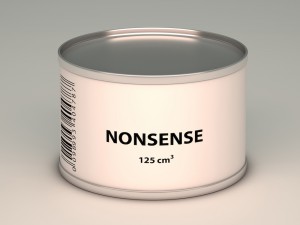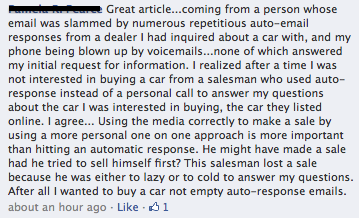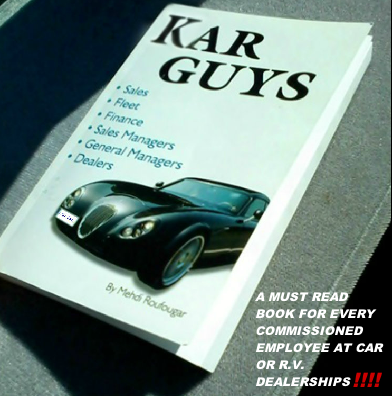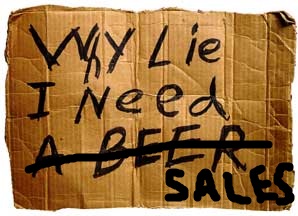 With all of the recent epiphanies that thought leaders in ours and other industries that businesses should be spending time and effort cultivating relationships, spending money and basically treating customers right, I thought it time to re-visit this whole “customer loyalty” phenomenon. Customers don’t really care about car dealers, do they? I mean, dealers are ranked below Congress in surveys about trustworthiness. They don’t like coming to dealerships for ANY reason much less to buy a car. In fact, companies are popping up out of the woodwork with the sole benefit of making it possible for people to buy cars WITHOUT going to dealerships.
With all of the recent epiphanies that thought leaders in ours and other industries that businesses should be spending time and effort cultivating relationships, spending money and basically treating customers right, I thought it time to re-visit this whole “customer loyalty” phenomenon. Customers don’t really care about car dealers, do they? I mean, dealers are ranked below Congress in surveys about trustworthiness. They don’t like coming to dealerships for ANY reason much less to buy a car. In fact, companies are popping up out of the woodwork with the sole benefit of making it possible for people to buy cars WITHOUT going to dealerships.
We know through many articles and trends that customer loyalty is dead. The Gen Y and Millennial generations could care less who they do business with. Sure, they’ll show up for that $19.95 oil change special but is it because they’re loyal? No! It’s because it’s a deal. And believe me when I say that they will eagerly go to another dealership the next time they need their vehicle serviced that offers a coupon or special when you don’t have one at that time.
People need to buy – and service – cars and regardless of whether you’re a franchised, independent or buy here, pay here lot, dealers are all they have. It’s way too much work for consumers to obtain financing, process paperwork and facilitate a private party sales transaction. In addition, most of these are “as-is” transactions so they’re essentially throwing the dice hoping they aren’t getting a lemon.
As for service, there’s a Jiffy Lube or other independent auto service center promising convenient, fast and friendly oil changes upon demand. Sure, maybe they’re using generic parts that might not fit perfectly but are serviceable. Who cares? They’re cheaper, right? Who needs certified technicians, nice waiting areas or free coffee? They’d rather go buy a $12 Triple, Venti, Half Sweet, Non-Fat, Caramel Macchiato than drink the Keurig produced coffee dealers provide for them.
As a business, dealerships have been wildly successful acquiring new customers for the past decades. It’s easy. Sure, maybe it’s gotten more expensive over the years but what’s $640 per customer when dealers can high gross them on the huge profit margins manufacturers give them to work with.
And rewards? Really? Dealers are seriously expected – yes, expected – to give away free stuff to customers who happen to give them money? Get serious.
The bottom line is that dealers sell and service cars. Dealers have this industry so tightly wrapped up and in control that even Elon Musk with all his money, influence and consumer backing can’t even manage to convince many states to let him sell his cars direct to consumers. The new companies promising excellent customer experiences and complete online transactions account for such a small percentage of sales that they’re inconsequential. Consumers HAVE to buy their cars from a dealership and they certainly have a monopoly on warranty and recall work, too.
So let’s all just calm down and sit back while OEMs take used car inventories online and auction prices skyrocket (goodbye used car grosses), the NHTSA opens up recall work to independents (see you later recall revenue), the CFPB begins to regulate consumer financing (so long F&I reserve), new car front end margins shrink (you didn’t have these anyways) and complete online buying experiences become the preferred car purchasing experience…
Wait a minute. Who needs loyal customers? Dealers do.









